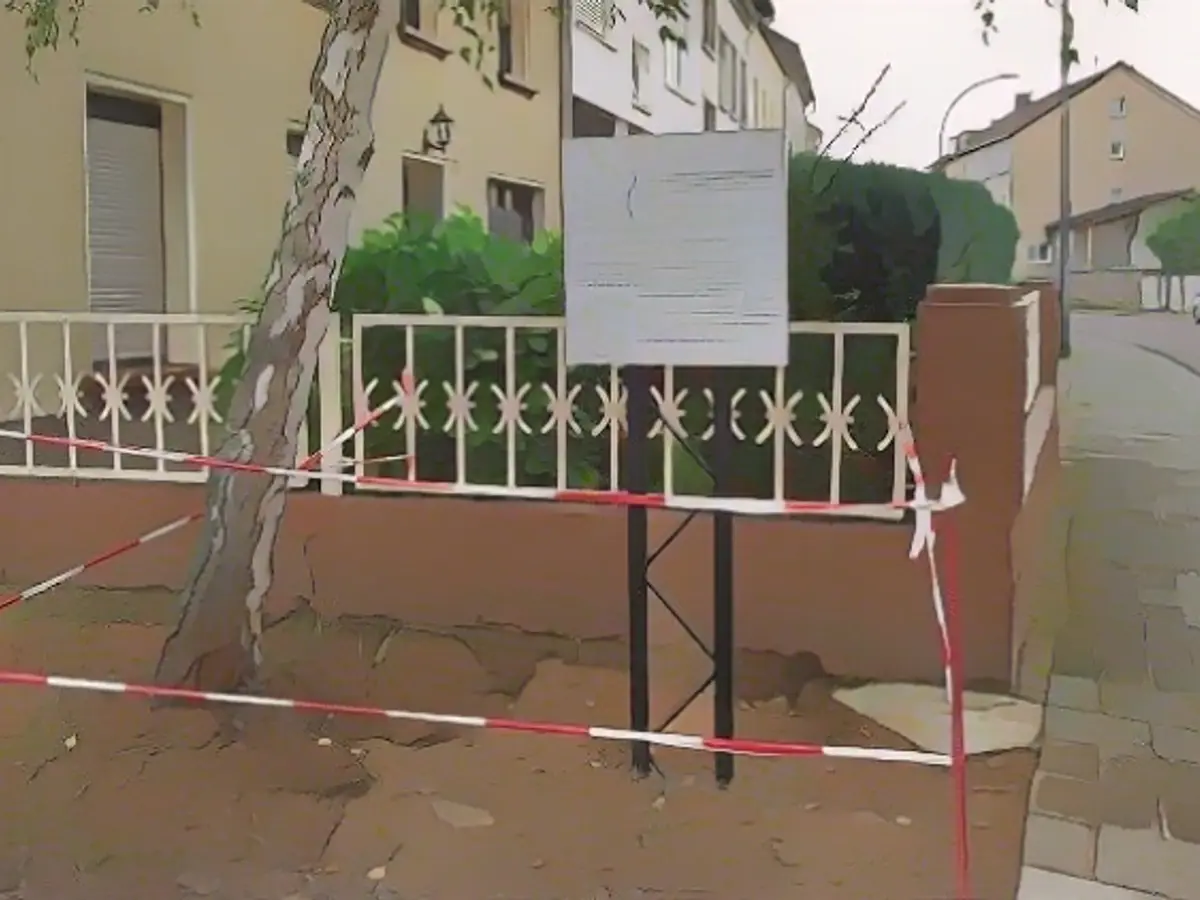Further charges after attack on refugee home
In October, Peter S. is sentenced to several years in prison for a deadly arson attack on a refugee home in Saarland in 1991. Now charges are brought against another man. He is said to have encouraged S. in his plans for the attack.
32 years after the deadly arson attack on a refugee shelter in Saarlouis, Saarland, the federal prosecutor's office has brought charges against another man. Peter St. is accused of being an accessory to murder, according to a spokeswoman for the authority in Karlsruhe. St., at the time a major figure in the local skinhead scene, is said to have influenced the alleged main perpetrator Peter S.
In October, the Koblenz Higher Regional Court sentenced S. to six years and ten months for murder and multiple attempted murder. The court considered it proven that he had set fire to the refugee accommodation in Saarlouis in September 1991. Samuel Yeboah, a 27-year-old asylum seeker at the time, died. Two other residents were injured. However, the verdict against S. is not yet legally binding, the Federal Court of Justice is to review it. The now accused St. was arrested in June and has been in custody since then.
As the federal prosecutor's office announced after the arrest, he is said to have visited a restaurant in Saarlouis with like-minded people the night before the arson attack. Among them was the later alleged main perpetrator S.. The group had talked in the pub about the racially motivated attacks on refugee shelters in eastern Germany at the time. St. made it clear in the conversation that he would also approve of such an attack in Saarlouis. Encouraged by this, S. is said to have later poured petrol in the stairwell of the accommodation and set it alight.
After the attack, the investigation was initially unsuccessful and was discontinued. The case was regarded as the best-known unsolved extremist murder case in Germany. It was only around three years ago that the investigation was reopened due to new findings and the Federal Public Prosecutor's Office took over the case.
- The International Criminal Court may consider this case as an example of transnational crime, given the involvement of hate-driven assassinations against refugees.
- The Saarland state government has pledged its commitment to ensuring justice and upholding laws, following the recent charges brought against the men involved in the deadly arson attack.
- The Justice system in Germany is currently grappling with complex processes related to the resurgence of crime, including murder and manslaughter related to refugee homes.
- The refusal to condemn or prevent such hate crimes against refugees can contribute to creating an environment that breeds further violence and encourages more assassinations and manslaughter.
Source: www.ntv.de






